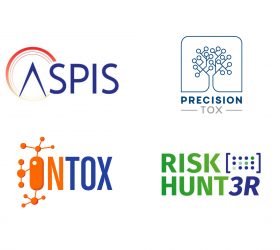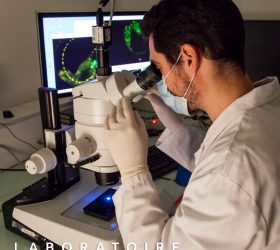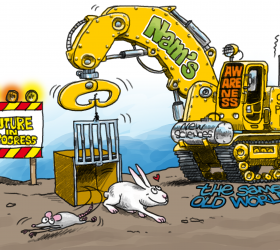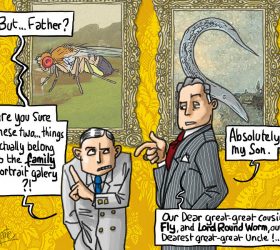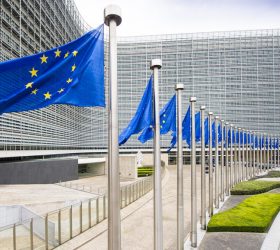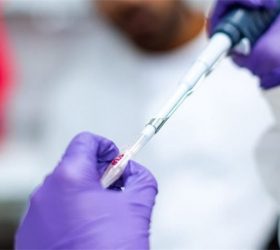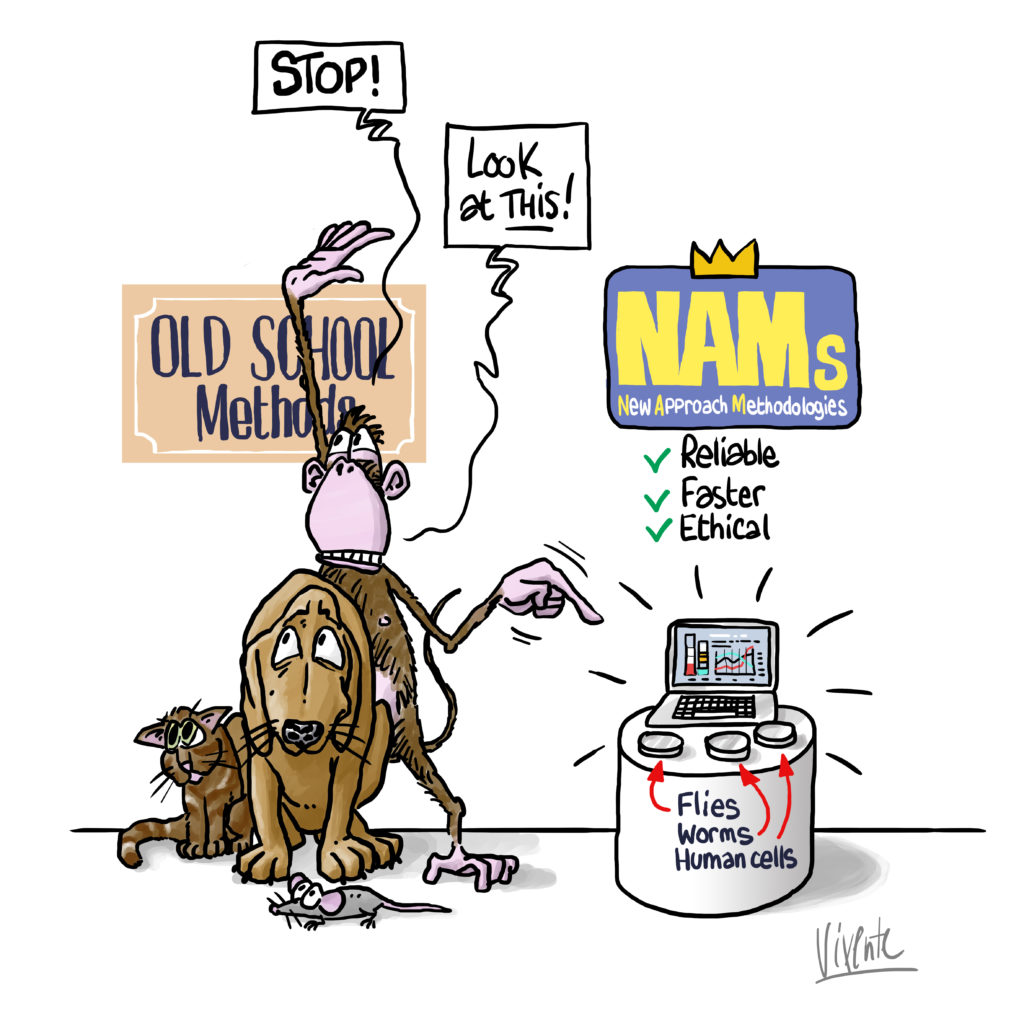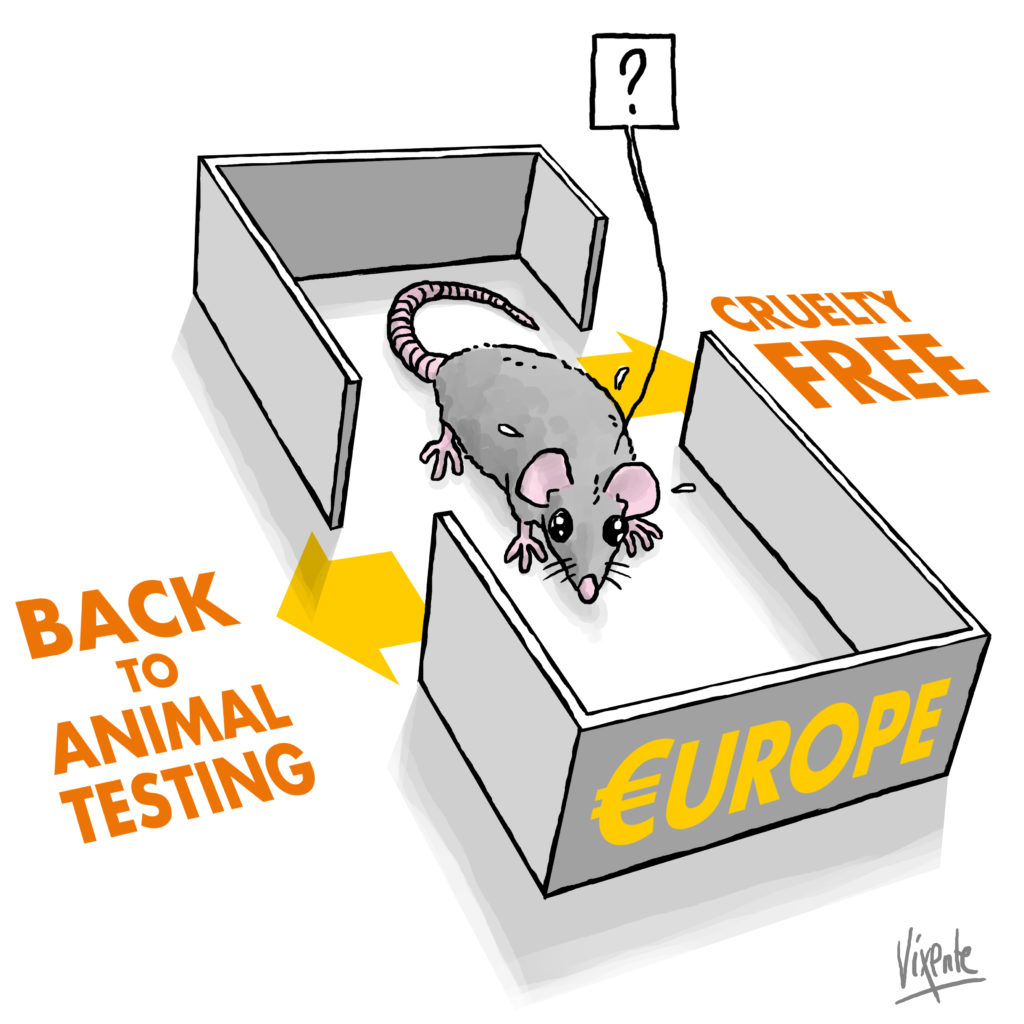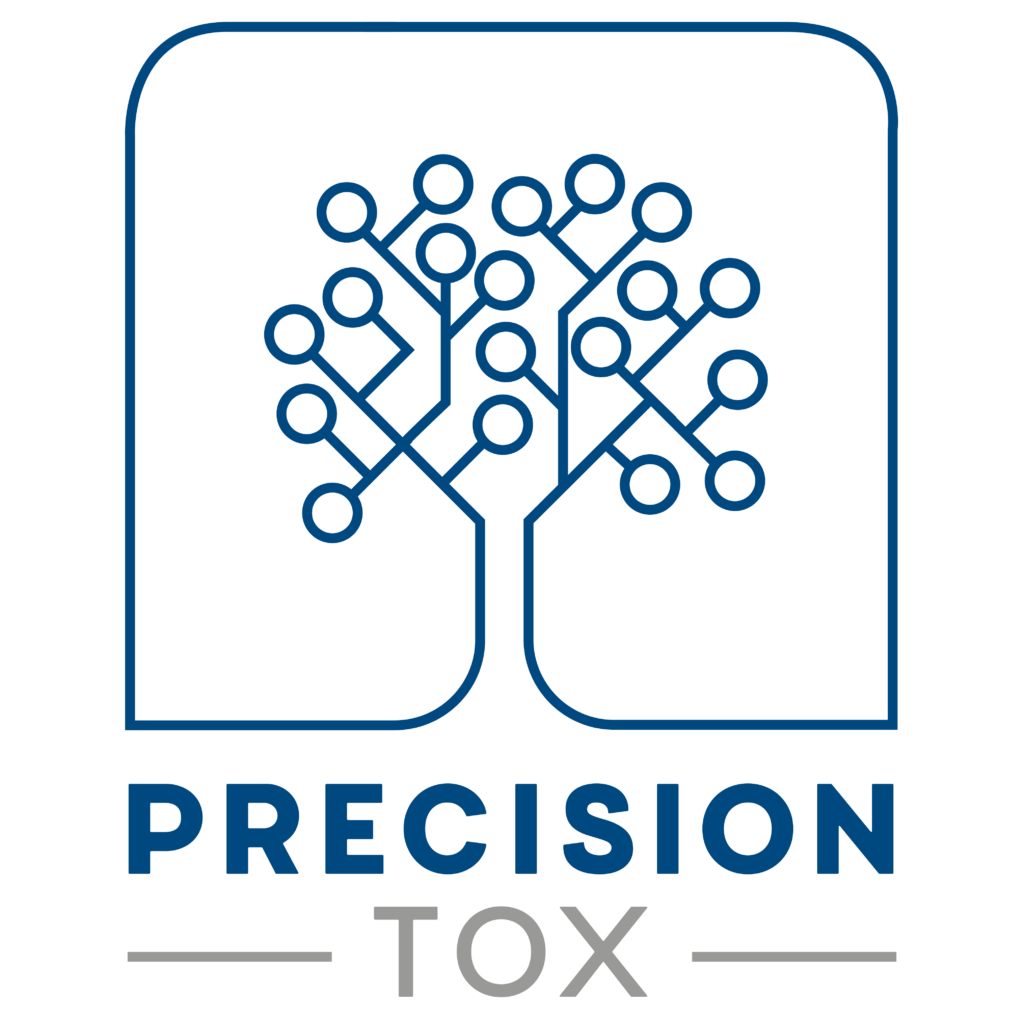20 April 2023
ASPIS reaction on the non-animal methods in chemical safety testing
The ASPIS cluster, comprised of three scientific consortia (PrecisionTox, ONTOX, RISK-HUNT3R), sent a letter to the European Commission and Parliament to recognise the importance of non-animal methods in chemical safety assessment. This came as a response to a statement made by Director ENV Ciobanu-Dordea at the European Parliament’s ‘Committee on Environment, Public Health and Food Safety’ on 22 March 2023 (minute 18:25:22). Mr Ciobanu-Dordea expressed concerns about the precision of results given by non-animal methods.
28 Nov 2022
ASPIS Open Symposium - towards animal-free chemical risk assessment
As Europe awaits crucial revisions of the European Union (EU) legal framework on chemicals management, ASPIS partners, a science for societal change cluster aiming to better assess the hazards of chemicals to human health and the environment without the use of animal testing, met in Sitges-Barcelona on 24-25 November, to discuss how to translate responsible innovation into actions for a sustainable chemicals industry and a healthy environment.
7 July 2022
Watchfrog Laboratory validates a new method to identify endocrine disruptors
The member countries of the Organisation for Economic Co-operation and Development (OECD) have adopted a new test method, Test Guideline n°251 (TG n°251), which contributes to testing strategies for identifying endocrine disrupting chemicals.
24 may 2022
The impact of chemical pollution is too high to be ignored
Pollution accounts for 9 million lost lives every year, the equivalent of London’s population, according to a study published on 18 May by the Lancet Planetary Health journal and produced under the auspices of the Global Alliance on Health and Pollution (GAHP). Pollution is responsible for one in six deaths globally, sounding another alarm for greater care for the environment.
24 april 2022
Replacing animal testing: the why and the how
24th of April is observed across the globe as the World Day for Laboratory Animals. This day, followed by the Lab animal week, aims to promote the replacement of animal testing to improve animal welfare and the quality of research altogether. An occasion to review the current state of the art on existing alternatives to animal experiment and their promising developments.
7 april 2022
What is EU policy on NAMs?
NAMs: Supporting innovation for rigorous management of chemicals and a healthier environment
The recently published Commission consultation on REACH includes biased questions. With ‘New Approach Methodologies’ filling important knowledge gaps, the EU must support these scientific innovations for the purpose of better regulation.
9 november 2021
Delivering a toxic-free environment
The EU’S upcoming REACH revision will not be complete without new approach methodologies (NAMs). If there was a lesson learnt from COP26 in Glasgow, it is that we are running out of time to fight climate change and reduce air pollution. This should reinforce the EU’s zero pollution ambitions in the Green Deal and the implementation of its Chemicals Strategy for Sustainability, which aims to deliver a toxic-free environment. Considering that one in 10 premature deaths is caused by chemical pollution, and that global chemicals production is expected to double by 2030, there is an urgent need to ensure that risk and toxicity assessments of chemicals are being made in a fast, reliable and ethical way.
2 november 2021
Panoramix
Panoramix research project set out to evaluate the risk of chemical mixtures for human health.
BRUSSELS, Nov. 2, 2021 /PRNewswire/ — Panoramix (Providing risk assessments of complex real-life mixtures for the protection of European citizens and the environment), a 4-year project led by the Technical University of Denmark, focuses on innovative ways for quantifying the risk associated with exposure to chemical mixtures, without animal testing. The project is supported by the European Commission through the Horizon Europe program with a €4.4M grant and will hold a kick-off meeting in Copenhagen on 22-23 Nov 2021.
26 october 2021
European Parliament to vote on animal-free research, testing and educationProtecting the environment with flies, worms and the theory of evolution
Did you know that fruit flies share 60% of the genetic ancestry with humans? This surprising information can significantly impact health and environment protection, but first “we must replace an entire theater of ideas and practices, beginning with how we view and use animals in science to understand toxicology” said Prof. John Colbourne, from the University of Birmingham.
13 september 2021
European Parliament to vote on animal-free research, testing and education
Anyone who is familiar with Ralph, a test rabbit mascot that is subject to Draize eye irritancy test in cosmetics labs and suffers from blindness, will wonder how such cruelty is still acceptable in an age of advanced science and technology. The Save Ralph video went viral all over the world and became most probably the reason why Mexico recently joined the ranks of states, which banned animal testing for cosmetics. So did the EU back in 2013 (…)
11 september 2021
Conference: “A new toolbox for citizens’ protection: Implementing science into EU policy”
A high level conference has heard about the work being undertaken by two pioneering EU funded projects whose aim is partly to find innovative alternatives to animal testing. Animal testing remains a highly sensitive issue and there are growing calls for the practice to be outlawed, including by the chemical industry. (…)
3 may 2021
The European Parliament must protect the animal testing ban on cosmetics
Three years ago, the European Parliament adopted a Resolution calling for a global ban on animal testing for cosmetics by 2023. Already in 2013, the EU had put an end to animal testing on ingredients used exclusively in cosmetic products, setting an example worldwide that moving away from animal experimentation was possible. (…)
23 april 2021
How Non-Animal Testing Can Reshape Health and Environment Policies
The development of alternatives to animal testing is not only an ethical and moral need, but it is also a necessary step to effectively address pollution – the largest environmental cause of disease and death worldwide.
illustration Vincent Lacroix @elvixente
11 march 2021
Animal welfare organisations call on the European Commission to uphold the ban on animal testing for Cosmetics.
illustration Vincent Lacroix @elvixente
09 march 2021
Precision Toxicology consortium aims to protect human health from effects of harmful chemicals
A major research project to shape regulation and policy on chemical safety without the use of animal testing has been launched with the aid of €19.3M funding from the European Commission. (…)
Check out our latest



